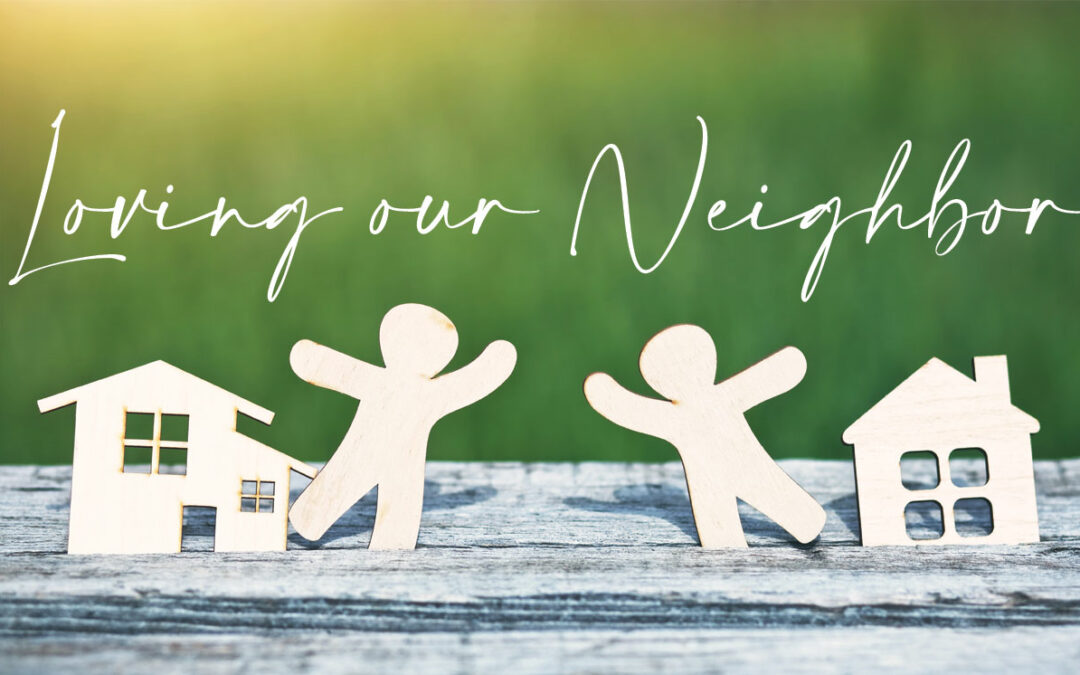Loving Our Neighbor
Eric Himelick
In a recent survey, 42,000 people were asked who or what was responsible for their coming to faith in Christ. While Church programs represented 2-3% and a pastor of a church 5–6%, the majority (75–90% of those responding) said that a friend or relative was God’s agent of change in their life. A lot of time, effort, and money goes into Christian programs, but how much time is spent developing friendships?
A few years ago, my friend Bob Lupton who has worked in inner-city Atlanta for over 40 years, made the statement, “Some of the best Christians I know are some of the worst neighbors.” He went on to explain that he didn’t mean that they were bad neighbors, they were just “non-neighbors.” They were so busy with their church friends and church life that they hardly had time to know their neighbors, let alone befriend them.
To be sure, developing relationships with people that may not see the world as we see it or even have a lot in common with us may take us out of our comfort zone. While your church friends know the same people and speak the same “language.” What are you supposed to discuss with the recovering alcoholic whose only real love in life is working on cars? (Especially if you, like me, know nothing about cars.) But what if the way to God for him is through a friendship with you?
While the world may seem massive, it is a patchwork quilt of local places and family units. What if every Christian in every place began to live out Jesus’ description of what a neighbor should be?
Considering that 75–90% of people come to Christ through a friend or relative, what if we put more time and energy where it really seems to make a difference—into building redemptive relationships, into influencing people toward Christ within our sphere of influence.
Across the street or around the world, the message is still the same. While I have a long way to go, here are a few things that I am learning: Step out of your comfort zone. Meet your neighbors. Invite someone over for supper. Intentionally spend time with unsaved people without it involving your church. Listen to the clues of what God is doing in their life. Above all, pray for lost people.
For many, developing cross-cultural friendships and “earning the right to be heard” may take an amazingly long time. Missionaries take the Gospel light to many darkened places, and they need your prayers and support in that work, but let us not forget the mission field that is outside our own back door.


